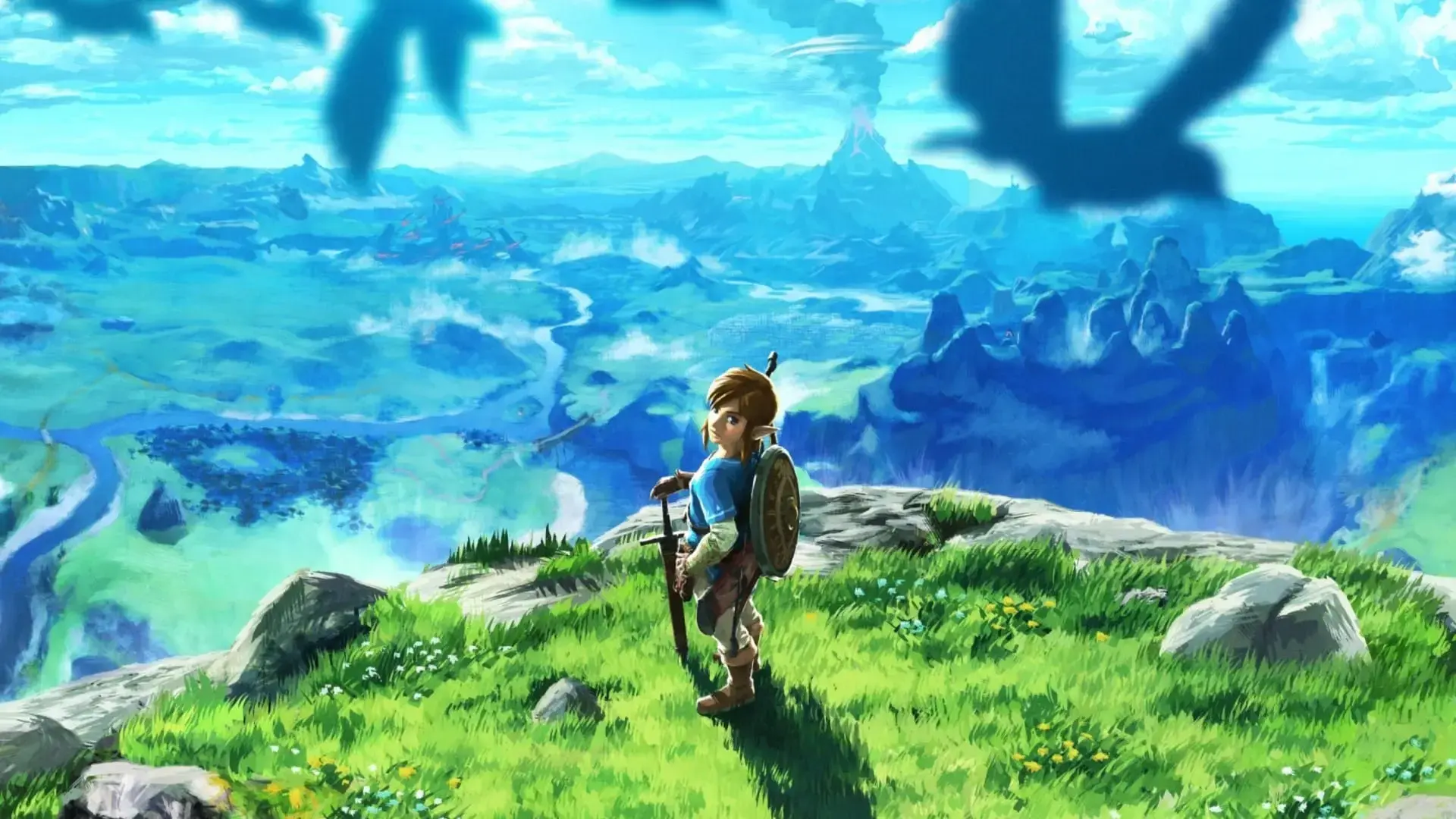The Legend of Zelda: Best & Worst of the Series
The Legend of Zelda: Breath of the Wild 2 has been a hot topic in the forums for a very, very long time and finally comes to fans of BOTW in 2022. In 2021, along with the amazing news of Breath of the Wild 2, came the release of Zelda: Skyward Sword HD, a digitally enhanced version of the Nintendo Wii classic. But, where has the franchise seen its biggest fail and best wins over the years?
Not every fan grew up on Zelda, but the Legend of Zelda series has made an impact on the gaming industry and gamers alike since its first release in the 80s.
Here are our take on the most memorable fails and possibly overlooked wins that Nintendo has made throughout their Zelda game releases.
The Legend of Zelda (1986)
The Wins – The first in the Legend of Zelda legendary series, this was motivated by Shigeru Miyamoto’s calm wanderings through the Japanese countryside. The original game captured the essence of a mystical adventure perfectly.
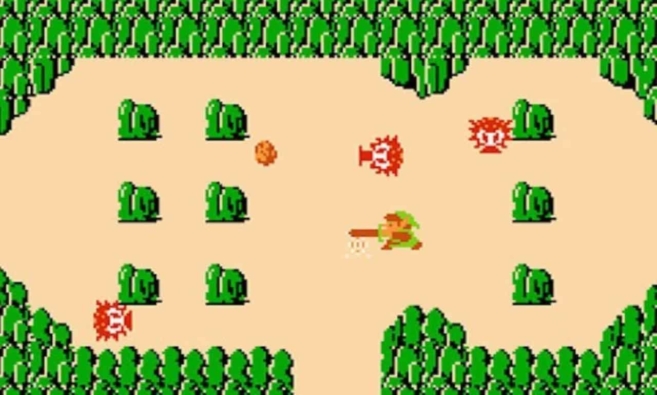
The Fails – This was a tough game by today’s standards. When it came to progression the original Legend of Zelda game wasn’t easy. At its release, this was marketed as a child’s game but as the series grew, Nintendo soon discovered they were better for a slightly older audience.
Popular Products
Zelda II: The Adventure of Link (1987)
The Wins – The soundtrack still held the catchy mythical quality of the first game. The game’s overall difficulty, having to figure out what you were supposed to do at every step, shaped some of the mechanics for later instalments in the series.

The Fails – How many players were ever dedicated enough to make it all the way through this plotless side-scroller? With a double boss in the final dungeon and getting tossed out to start all over again if you lost, the sequel to the Legend of Zelda wasn’t too promising for the franchise.
The Legend of Zelda: A Link to the Past (1991)
The Wins – This was the game that, arguably, made the series. The world inside this game was tangible and felt like more than just a series of challenges and enemy combat scenes.
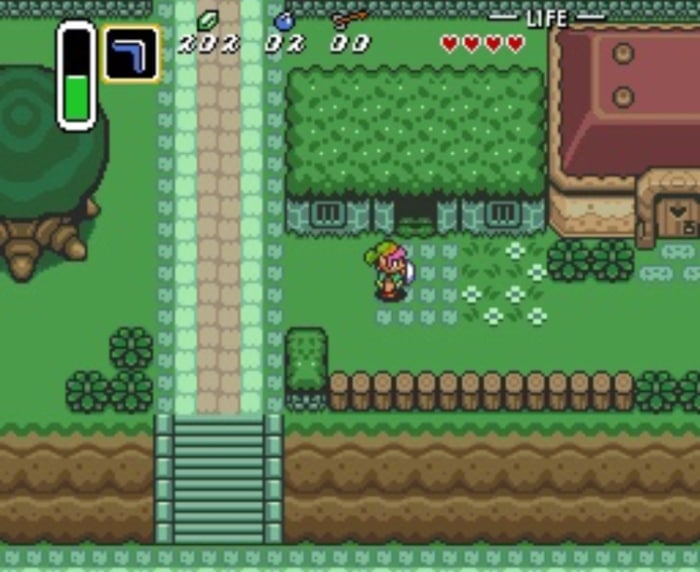
The Fails – The narrative came to life in this game, but it brought up more questions than answers and left plenty of fans holding their breath for the next Zelda release – not a bad move for marketing but annoying for players enduring the wait between games.
Popular Products
The Legend of Zelda: Link’s Awakening (1993)
The Wins – A dreamy game, Link’s Awakening pulls Link into an alternate realm where he’s no longer a hero. The gameplay was smoother than previous instalments and heavy on the action, which suited the tone of games that were released at the time.
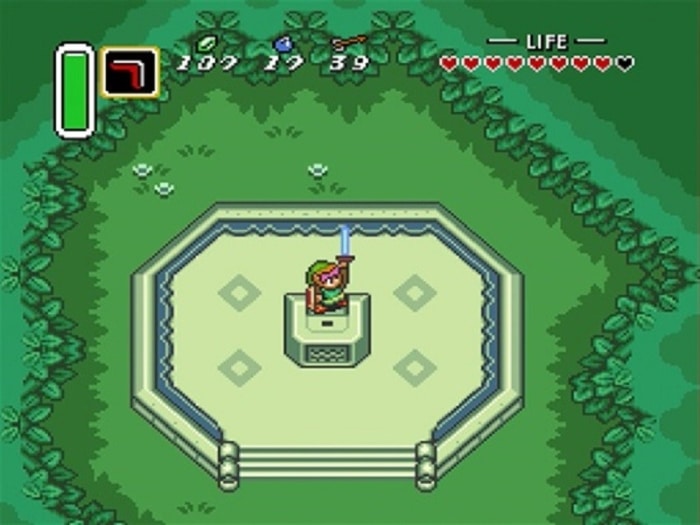
The Fails – This was a strange one by the existing Zelda standard. Everything felt a little surreal and out of place, which was an odd way to diverge from the last game where the narrative had really only just been set up.
The Legend of Zelda: Ocarina of Time (1998)
The Wins – Ocarina of Time marked the leap in technology in the video game industry in the late 90s. It welcomed in the era of 3D and wider, open maps. The soundtrack matched this overall feeling of excitement with triumphant swells.
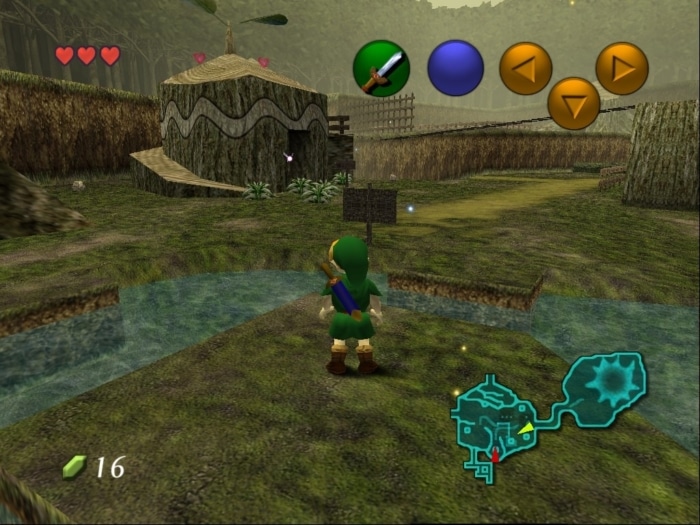
The Fails – It’s difficult to find a true fail for Ocarina of time, but it certainly took the same darker tone of Link’s Awakening, perhaps copying it a little too closely. Both games feature Link being taken out of the pre-existing timeline/reality and being thrust into alternate adventures that are somehow separate from the main narrative’s progression.
Fresh In
The Legend of Zelda: Majora’s Mask (2000)
The Wins – The groundhog-day premise lifts this addition to the series to be one of the more interesting Zelda games to play.
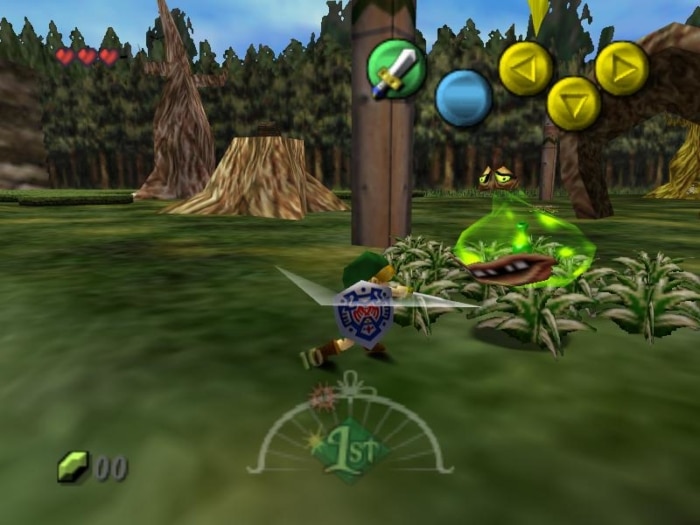
The Fails – It’s a bit of an overly familiar theme perhaps due to this game being created in just a year with the same art and tech as Ocarina of Time. Link is pushed out of his reality into an alternate one where he is no longer the Hero of Time. This is ground already covered in Link’s Awakening.
The Legend of Zelda: Oracle of Seasons and Oracle of Ages (2001)
The Wins – This was a new concept to the Zelda franchise, releasing two games with vastly different experiences, much like Pokémon Red and Blue. One game gave Link the power of time travel, and one the power of changing seasons, which lead to some exciting new puzzles that quickly became a staple for Zelda games.
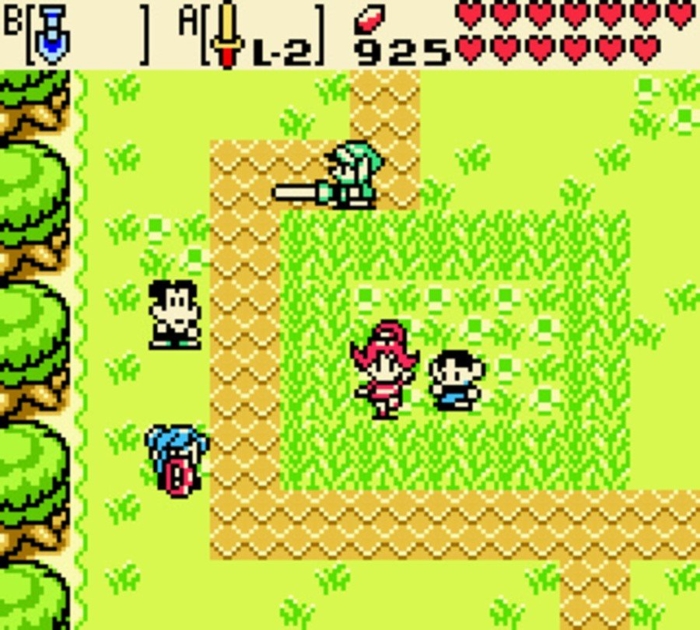
The Fails – connecting these two games was a huge issue for players. It involved getting passwords, using Game Boy link cables, and notorious technical issues or user errors. The payoff was unlocking new layers to the game, but was it really worth the hassle?
Fresh In
The Legend of Zelda: The Wind Waker (2002)
The Wins – The music in The Wind Waker, particularly when setting sail on the King of Red Lions, builds that classic Zelda atmosphere and still sits in the memory of fans as a nostalgic earworm.
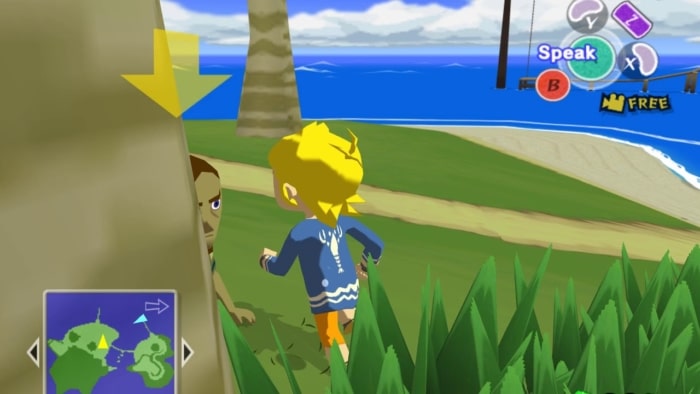
The Fails – The third act was rushed, to say the least. It’s tough to rip into this game because of its enjoyable gameplay but imagine how much better it could have been with a more thought-through narrative.
The Legend of Zelda: Four Swords Adventures (2004)
The Wins – When players were able to manage the multiplayer setup, this Zelda game was a fun instalment that gave us a break from the darker turns of the previous entries.
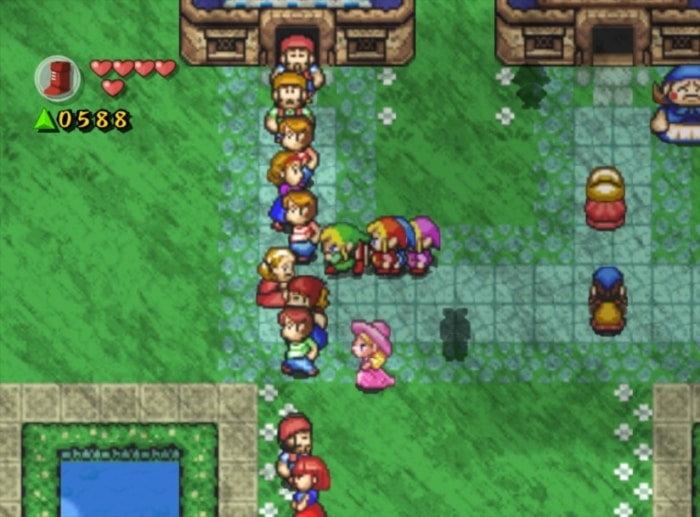
The Fails – Playing Four Swords in the multiplayer fashion as it was intended was a nightmare. It involved needing four Game Boy Advance Consoles, a GameCube, and four-link cables to play. For most fans, this was impossible.
Popular Products
The Legend of Zelda: The Minish Cap (2004)
The Wins – This game brought the series back to its 80s roots, focusing on dungeon combat and diabolical puzzling.
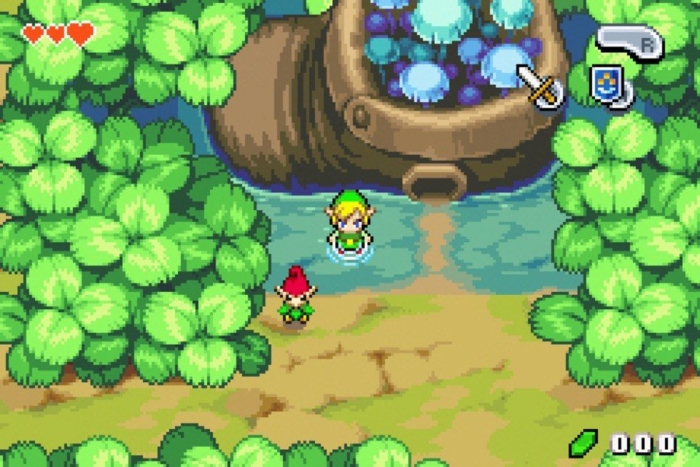
The Fails – Capcom’s involvement in this game brought some misplaced elements like a talking bird living on Link’s head.
The Legend of Zelda: Twilight Princess (2006)
The Wins – Link was able to transform into a wolf in Twilight Princess, accompanied by a dark imp companion, that added a bit of fun to the otherwise angsty tone.
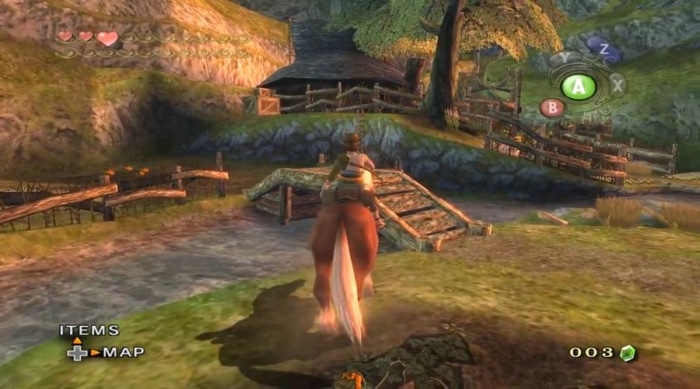
The Fails – This was another strange one that was termed as the ‘emo Zelda’ of the early ’00s. It featured a more grown-up plot and art style that was a bit of a shock to the players of the last two games in the series.
The Legend of Zelda: Phantom Hourglass (2007)
The Wins – Phantom Hourglass introduced new improved touch controls which were a bit of technological fun. The story was easy to follow and the puling was accessible, indicating that Nintendo had a firm grasp on their target audience by now.
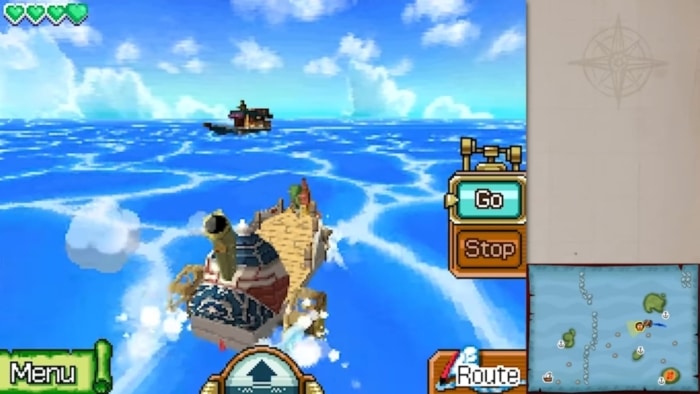
The Fails – Linebeck the sailor has to be the most annoying companion we’ve seen in Zelda, even with his final moment of redemption.
Popular Products
The Legend of Zelda: Spirit Tracks (2009)
The Wins – The mechanics of this game were a delight and driving the train, with a touchscreen whistle no less, felt like a ten-year-old’s dream come true.
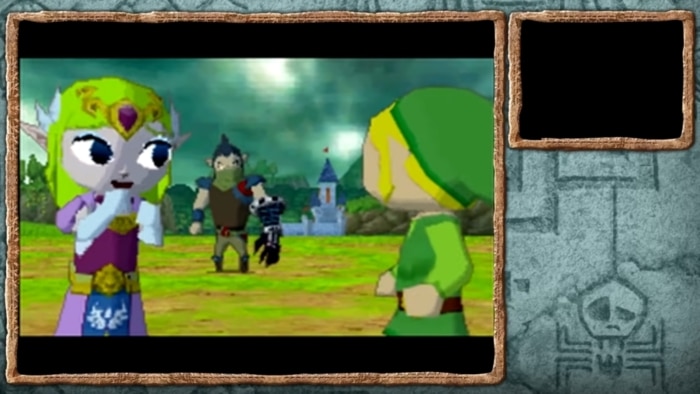
The Fails – Zelda on trains is a fair summation of Spirit Tracks. This was a childish game that possibly pushed away the older category of fans.
The Legend of Zelda: Skyward Sword (2011)
The Wins – If you loved playing Skyward Sword on Wii you’d love playing it on the Nintendo Switch in its remade HD format when it releases this year!
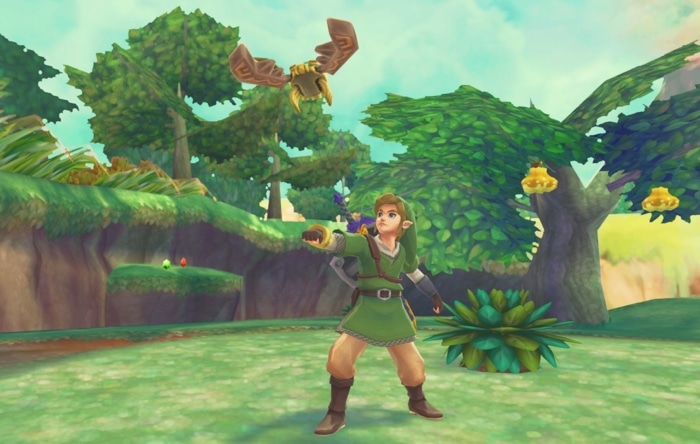
The Fails – This game was unfortunately packed with some unnecessary artefact hunting that meant players were constantly retracing their steps.
The Legend of Zelda: A Link Between Worlds (2013)
The Wins – This game rewrote the Zelda rulebook by setting you out with most of the items and weapons you’d receive in the beginning. Players were able to go out and face Hyrule in whatever order they wanted.
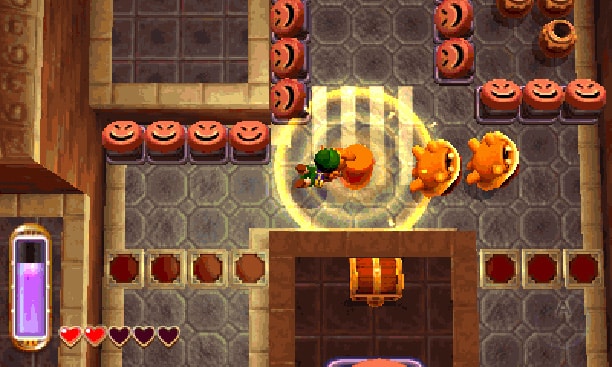
The Fails – A Link Between Worlds set the foundation for Breath of the Wild, but it did step away from the dungeon exploration theme that had previously been a must for Zelda.
Popular Products
The Legend of Zelda: Tri Force Heroes (2015)
The Wins – This was an interesting attempt perhaps to recreate the fun players had in the multiplayer Four Swords, although it faced much of the same practical issues.
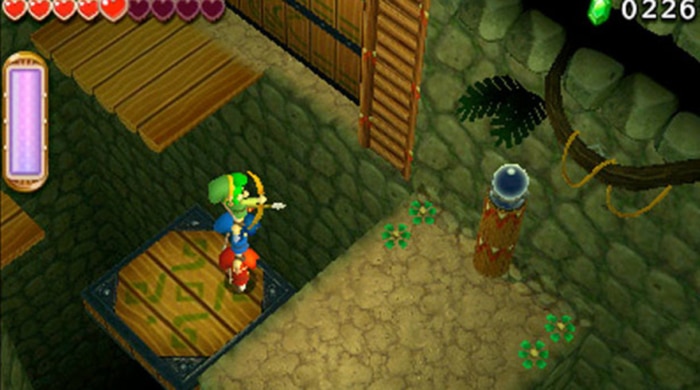
The Fails – Released as a 3DS multiplayer, Tri Force Heroes was borderline impossible to play as a single-player as it meant switching between all of the characters.
The Legend of Zelda: Breath of the Wild (2017)
The Wins – Breath of the Wild is widely regarded as the final form of the Legend of Zelda as it was always intended to be experienced. In Breath of the Wild the rules aren’t just broken, they don’t exist. The focus is on open-world exploration and natural player-based progression. With ground-breaking weather and combat mechanics, this game took the fanbase by storm.
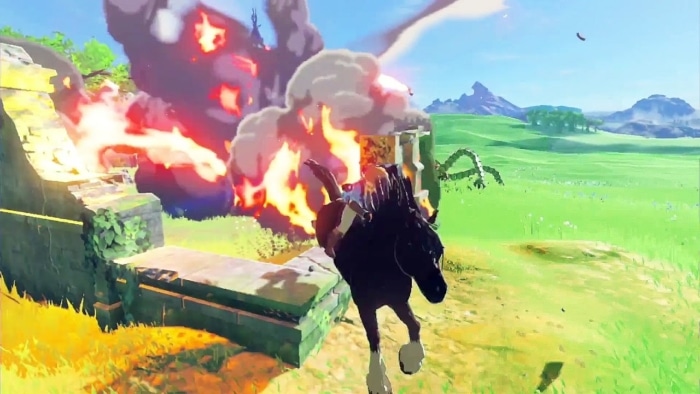
The Fails – For Zelda fans looking for the tried and true dungeon, puzzle, and boss experience, Breath of the Wild didn’t deliver and for some its enormous expanse of options and paths is simply overwhelming and dilutes the essence of the vintage Zelda equation.
Fresh In
Honourable Mentions
As many Zelda players revisit the series, it’s interesting to note that both Cadence of Hyrule (2019) and Hyrule Warriors: Age of Calamity (2020) aren’t considered series originals and are actually categorised as spin-offs. While you await the Breath of the Wild 2 and Skyward Sword HD, don’t forget about the new Zelda Game & Watch toy that’s being released soon.

